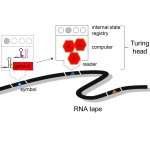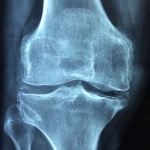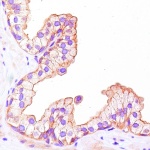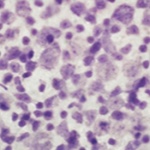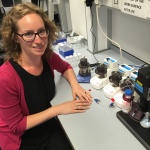
News • Brain disease
Risks – and benefits – of the Alzheimer’s gene
Scientists drilling down to the molecular roots of Alzheimer’s disease have encountered a good news/bad news scenario. A major player is a gene called TREM2, mutations of which can substantially raise a person’s risk of the disease. The bad news is that in the early stages of the disease, high-risk TREM2 variants can hobble the immune system’s ability to protect the brain from amyloid beta,…



